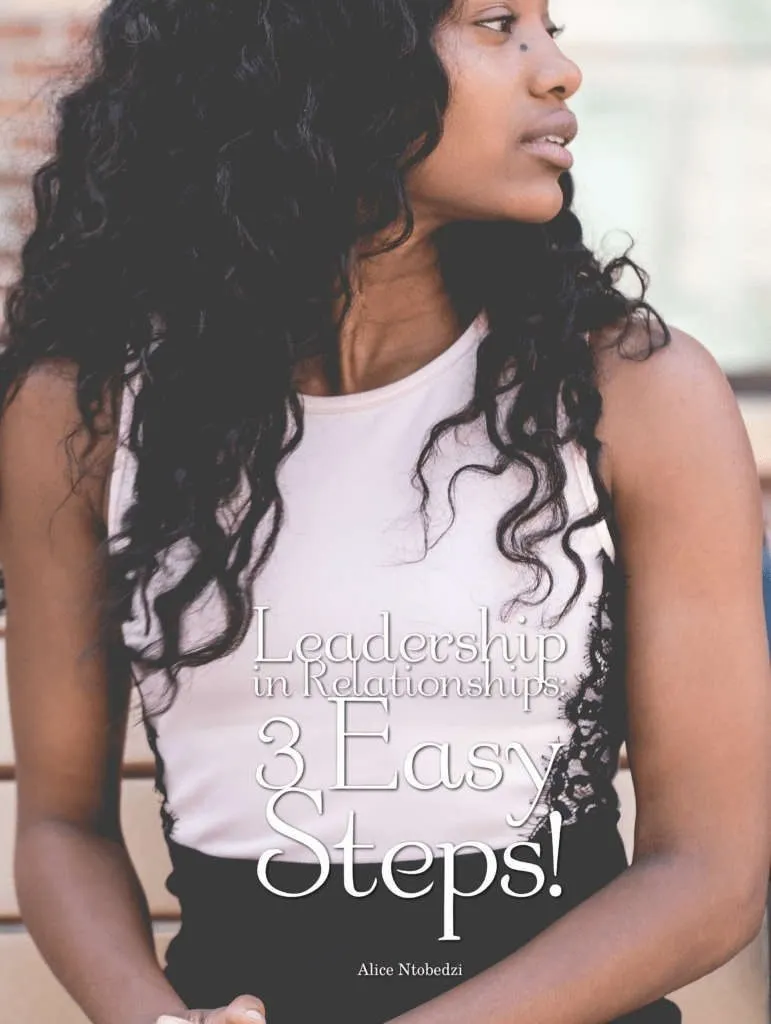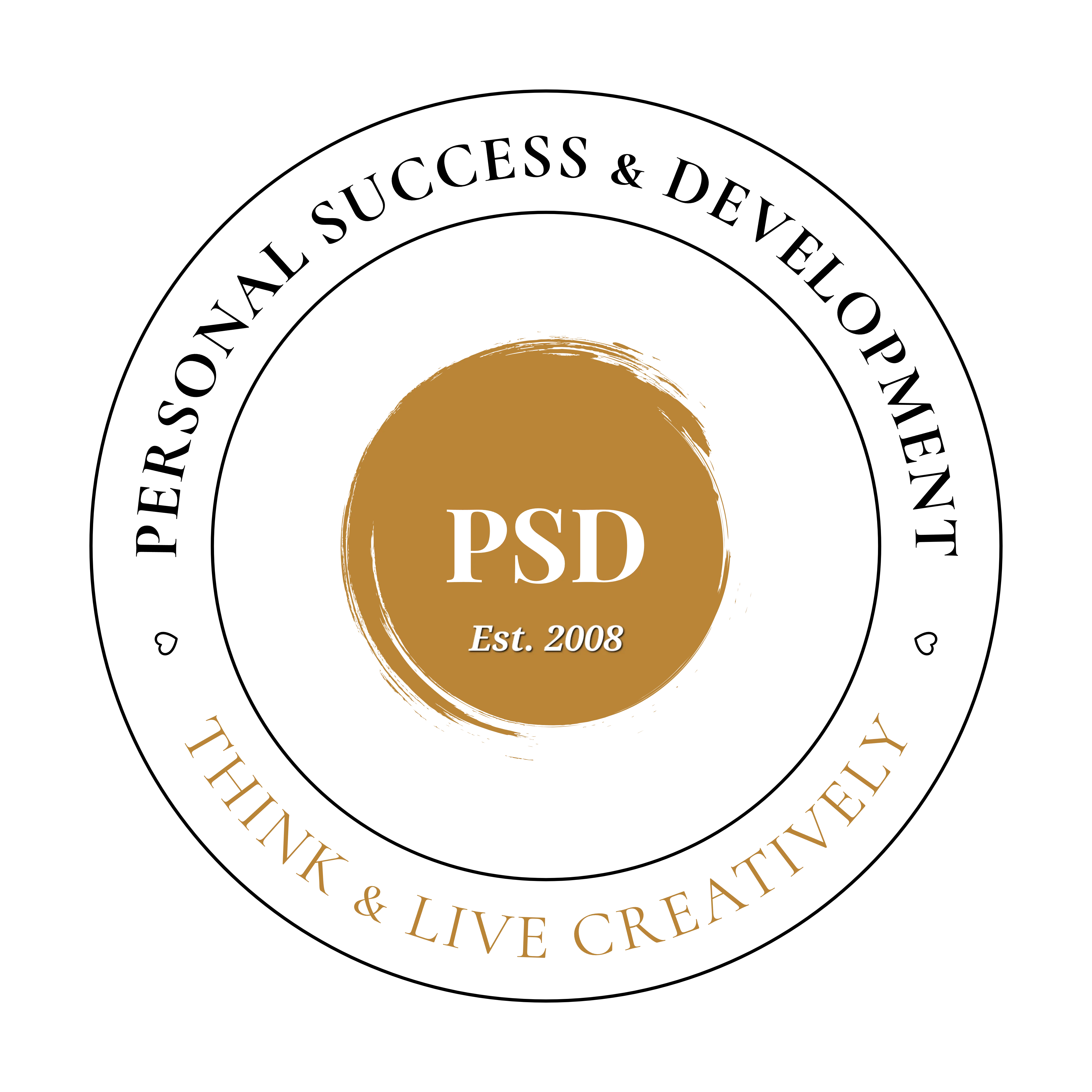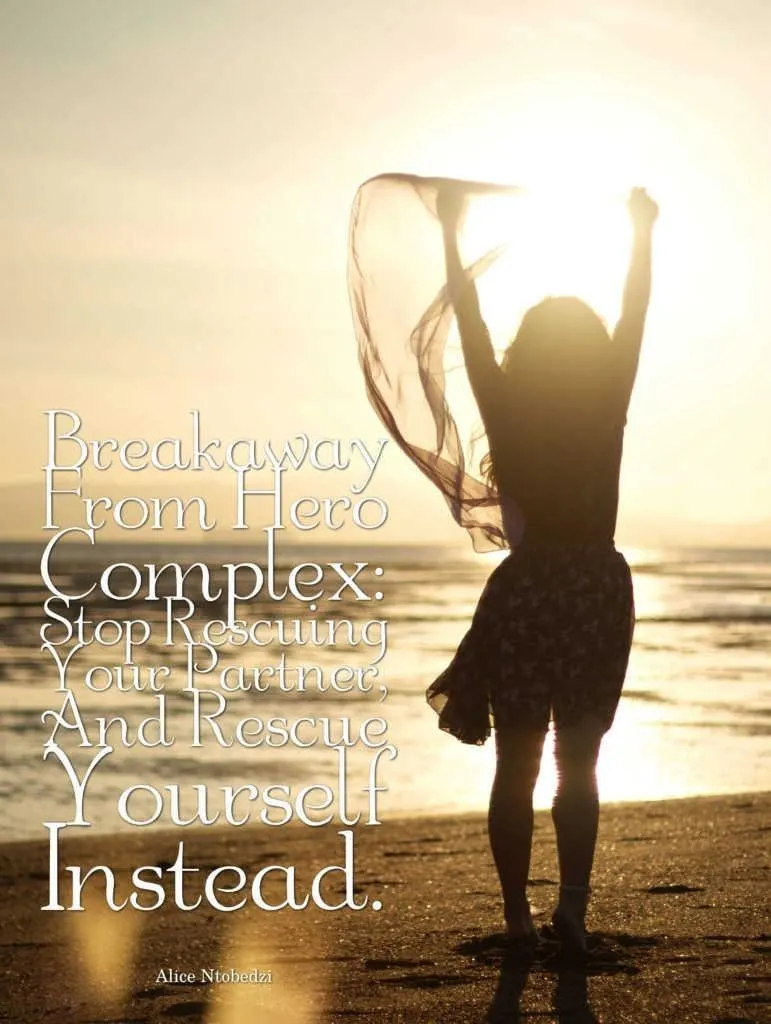Leadership in relationships: 3 easy steps!
Leadership in relationships: 3 easy steps!

Self-Leadership is a state of mind characterised by calmness, curiosity and a sense of control during challenging situations - Internal Family Systems (IFS).
Two people that self-lead can have a sustainable relationship because they can create an ideal overlap and balance between what matters to them individually as well as what matters to their relationship jointly. Both individuals can contribute to the security of the relationship. They each come with a set of strengths and weaknesses, but they learn ways to complement each other.
What is self-leadership in relationships? It means:
a. knowing what is important to you and how that fits within the mutual agreements of the relationship.
b. knowing your strengths and weaknesses and always striving to improve e.g., developing the skills you need to have the relationship you want.
c. knowing that there’s not as much need to change the other person, as much there is to change ourselves.
Self-leadership allows you to attain inner balance. It determines how you show up in your relationships and in life. Finding such balance is the secret to relationship fulfilment. Two people that are self-led are able to remain true to themselves while still giving to the relationship.
When you’re in self-leadership mode and living by a healthy guideline, there’s no space for ambiguity in your decisions, because you’ve already set the benchmark for yourself and now it is just a matter of following your own guidelines. Thus, freeing up a lot of mental space which you can then utilise in other important areas of life.
In this article, I describe self-leadership as the skills you can bring to the relationship to create a healthy balance.
Some may say that succeeding in your relationships is as important as succeeding in any other goals in your life. But with many years of work in the field of relationship psychology, I want to propose that a happy and thriving relationship is actually at the core of an accomplished and abundant life.
If a relationship is important to you, you want to invest time in becoming clear about what you want out of that relationship and learning the right relationship skills will help you get it.
Let’s take a look at the top 3 principles that guide self-leadership in relationships.
Know your personal values.
Each one of us has an inbuilt value system. When we honour our values, we get to maintain balance in the system and function optimally. Our values give meaning to our existence; they define who we are. When an individual enters a relationship his/her desire is to maintain their original quirks. But if our originality or our values are threatened in the relationship, then that could be the beginning of feeling unfulfillment or sadness due to feeling out of integrity with who we are.
Threat to our values in a relationship is very common and many people may not realise this and unknowingly sabotage their happiness and that of their partner.
Think of a common example where people in a relationship may want to change each other. What they might not realise is that you cannot change someone without changing their values. Often people resist this change as no one wants to be someone they are not. The irony is the person who might want to change their partner will not necessarily like it if their partner attempted to do the same. So how do people overcome this problem? The solution is:
a) Know your values and your partner’s values – the first thing you can do is know your values and then find out your partner’s values. And here are 2 simple questions to ask to elicit both of your values:
What lights you up?
What presses your buttons or makes you angry/upset?
The answers to these questions will have hidden in them a lot of clues about what the person really values.
b) Communicate in each other’s values – Once you have both figured out each other’s values you can learn to connect on a deeper level with each other by showing respect for these values. This process fosters mutual understanding and cooperative behaviour. If you would like to learn more about communicating in your partner’s values and him/her communicating in yours, book in a complimentary session at this link.
Know that your partner complements you.
A slight degree of difference can go a long way in making a partnership refreshing. Because otherwise, the relationship risks dying a slow death due to boredom and too many similarities. People who constantly fear losing control or the need to embrace change, tend to gravitate towards partners with a lot of similarities as that offers them comfort. They feel the comfort because they now feel that they don’t have to change themselves at all. They might not enjoy or be able to sustain a partnership where the other person is poles apart from them in terms of their values because there would be different opinions and/or pressure to have to change or even adapt to the other person’s style.
Sometimes, even having to expand acceptance limits mentally might seem like a big stretch for them. They may see individual differences as a challenge or a threat to their well-being. But to be a self-leader in your relationships you need to understand that different individuals bring different flavours to relationships. Even though these flavours might look like challenges, it is these very challenges that build our character to become a more resilient partner and lead effectively to hold the relationship together.
A self-leader can effortlessly dance with both sides of life, similarities and differences, positives and negatives and see how the two complement each other in the relationship. Self-leaders are able to assimilate a challenge or different experiences into their lives in a way that gives them an opportunity to evolve. They can go beyond their comfort zones. In the process, they become more aware about themselves and evolve into a better human being. How do you respond to the complementary behaviours of your partner?
Create a vision for your relationship.
You would have heard The Bible quoting, “Where there is no vision, the people perish…”
If a relationship is important to you and is one of your personal values, then you will ensure that you have an idea as to what it will bring to your life. You will choose a partner who shares a similar value and can support the relationship goals. You can complement each other, plan the future and create the lifestyle you both want. So, let me ask you, “What is your relationship vision?”
A lot of people mistake the relationship to be their ultimate destiny, but what they forget is that their relationship is one of the very important vehicles they use to achieve their ultimate destiny. And that’s why it’s essential that both you and your partner, who are sitting in this stationary relationship vehicle, get together and create a beautiful roadmap for the journey that you want to take together. And then, like leaders, start the drive!
You can become the master of your destiny and grow through self-leadership. Get the foundations of your relationships right. You owe it to yourself to do what is necessary to create a healthy and loving relationship. To learn even more about yourself, you can complete a psychological questionnaire which will help you identify your relationship pitfalls and understand your inner world. You can allow relationships to become a vehicle for growth and evolution, and you will be on the way to re-align yourself to your authentic and conscious relationship goals.
If you’re ready to do things differently but don’t know where to begin, reach out to me, book an online coaching session, here is my calendar.

